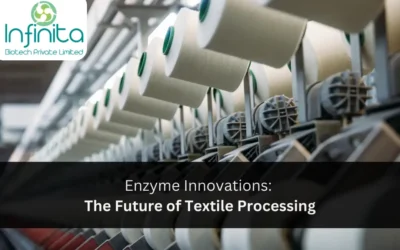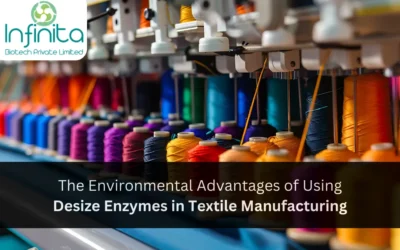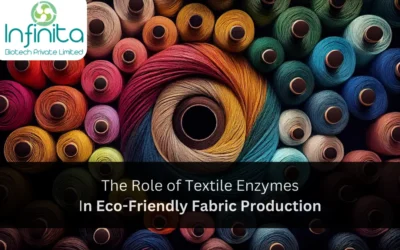In recent years, the textile industry has undergone significant transformations, driven by the pursuit of more sustainable and efficient production processes. One notable innovation that has garnered attention is the use of enzymes in textile processing. Enzymes, with...
Textile Enzymes Manufacturer
What are Textile Enzymes?
Textile processing has benefited from the application of enzymes to markedly reduce environmental impact and improved product quality. The principal enzymes applied in the Textile industry are Hydrolases and Oxidoreductases. The group of Hydrolases includes Amylases, Cellulases and Pectinases. Amylases are used to remove starch-based sizes from fabrics after weaving. Cellulases have been employed to enzymatically remove fibrils and fuzz fibres, and also used in the cotton Textile industry. Esterases are also used in partial hydrolysis of synthetic fibre surfaces to improve hydrophilicity and aiding further finishing steps. Catalases are also used to remove hydrogen peroxide after bleaching, which results in huge saving in water consumption.As trusted textile enzymes suppliers, we offer a wide range of enzymes used in the textile industry to enhance sustainability and product quality. Our enzymatic solutions encompass hydrolases and oxidoreductases, including amylases, cellulases, pectinases, esterases, and catalases. These enzymes play a crucial role in various textile processing applications, such as starch removal, removal of fibrils and fuzz fibers, improving hydrophilicity of synthetic fibers, and removing hydrogen peroxide after bleaching. By incorporating enzymes in textile processes, we contribute to reducing environmental impact and conserving resources. Our commitment to providing high-quality enzymatic solutions supports the textile industry’s shift towards more sustainable and efficient practices, making us a trusted partner for enzymes in the textile industry.
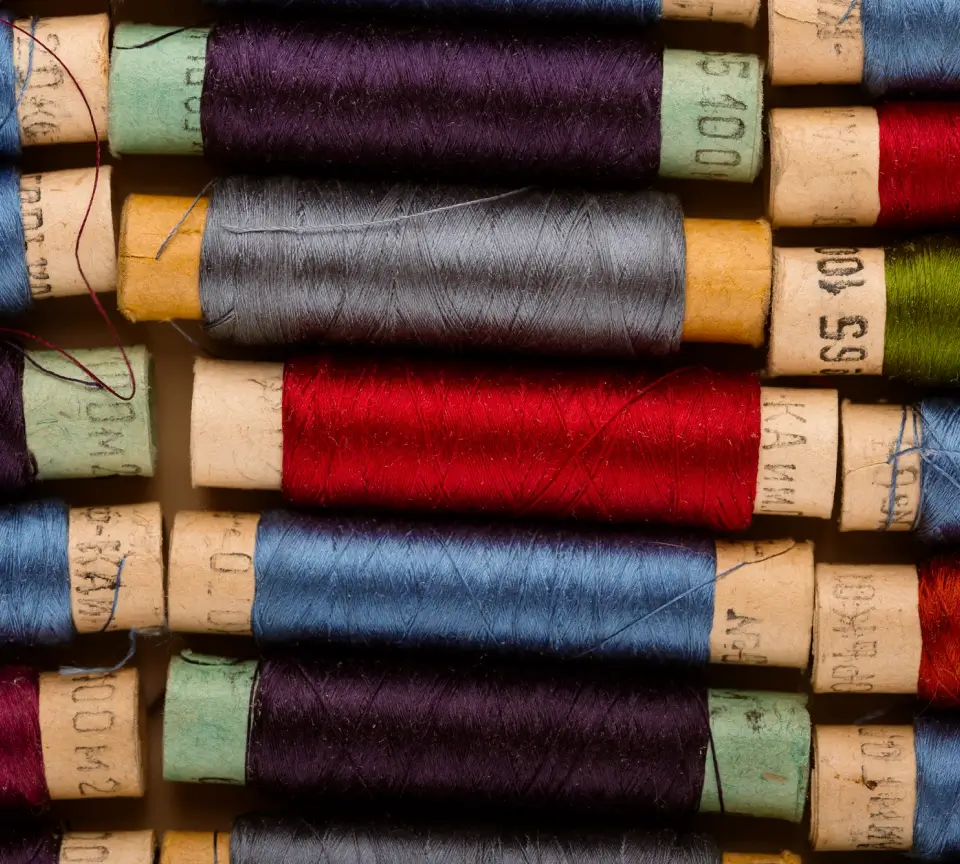
Our Solutions
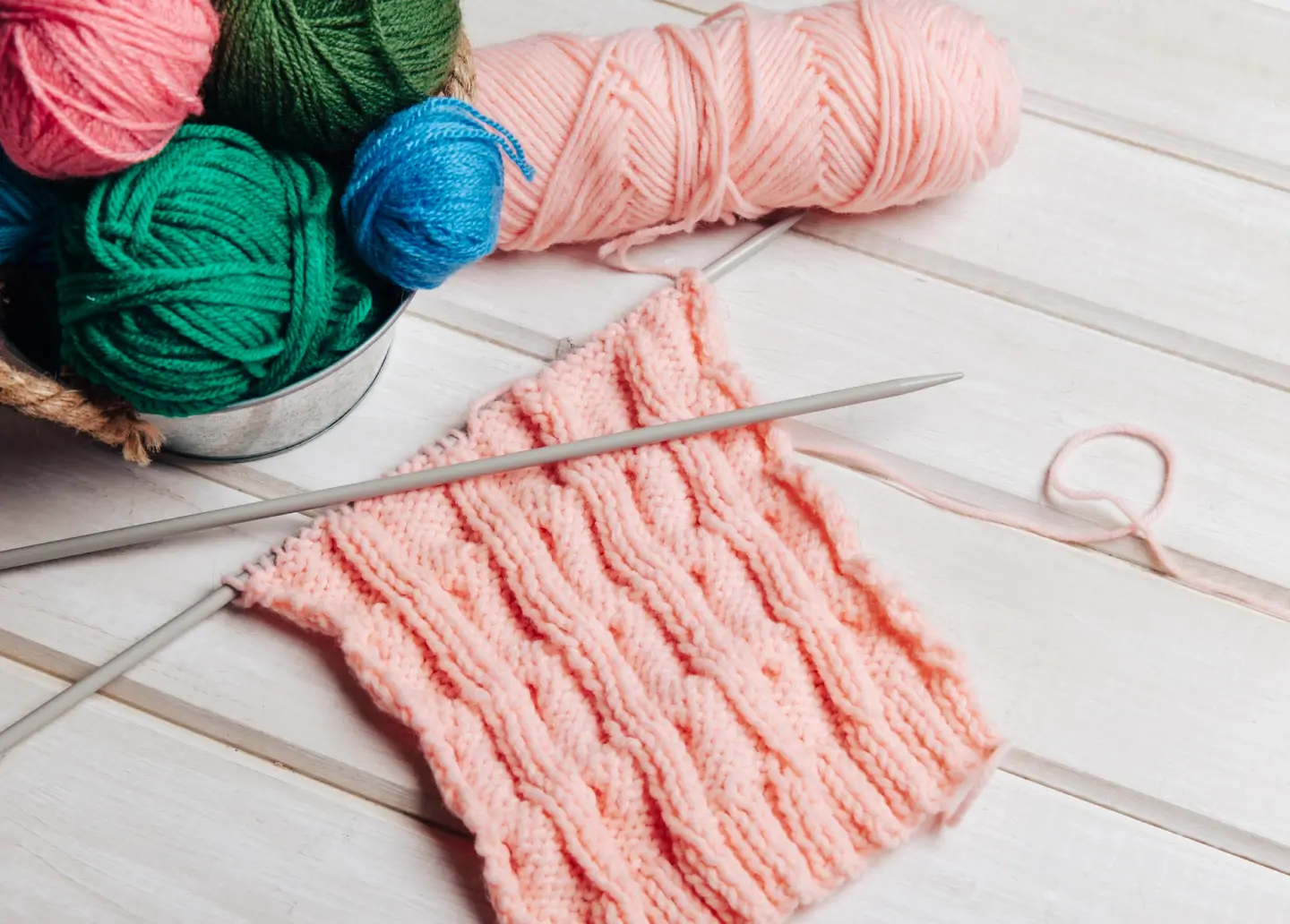
Cellulase
Biopolishing.Enhances Fabric Quality
Improvement In Pill Resistance
Brighter Luminosity of Colors
Alpha Amylase
It can be applied for desizing.Starch Decomposition
Improves Weaving
Decrease Yarn Breakage
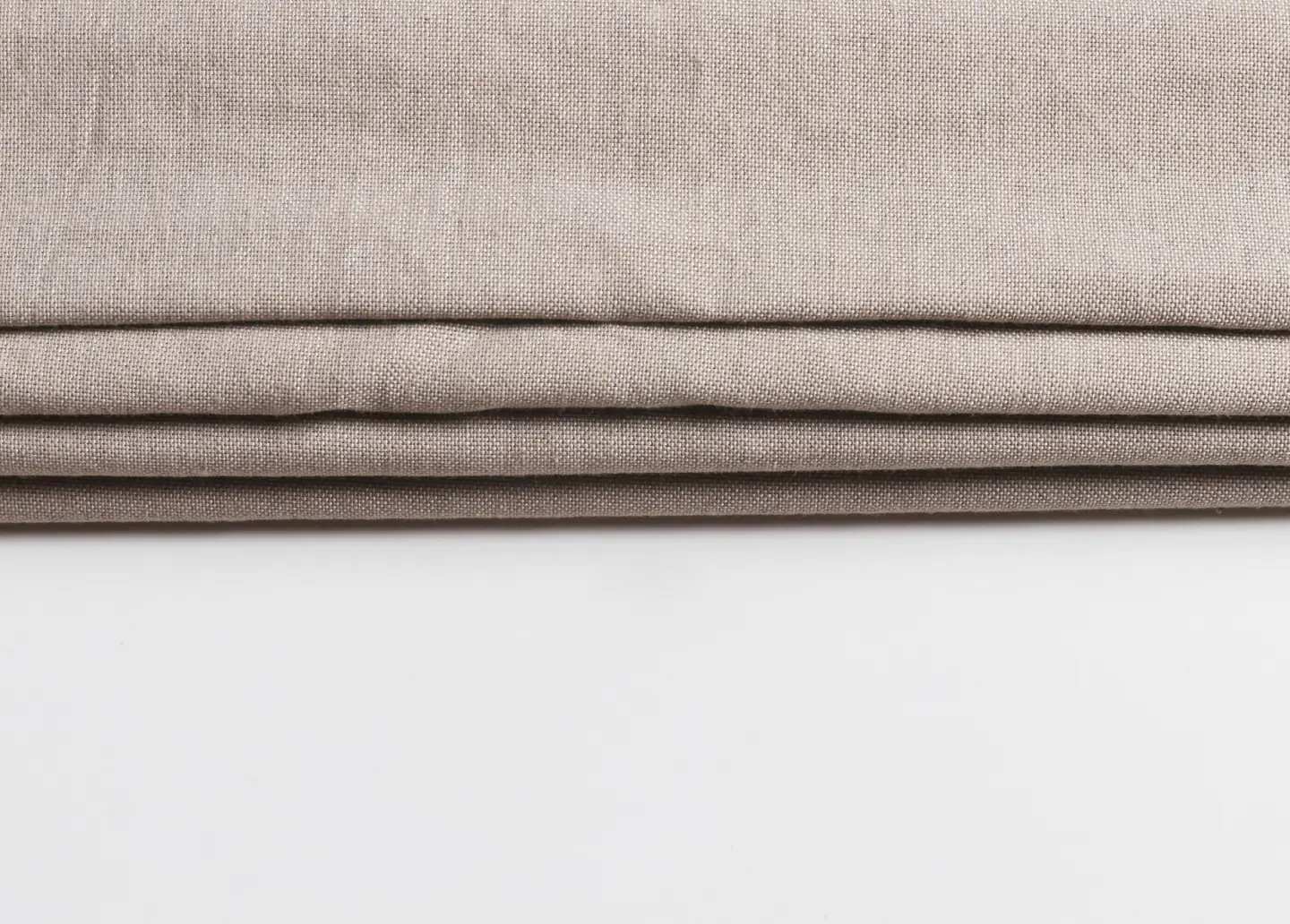
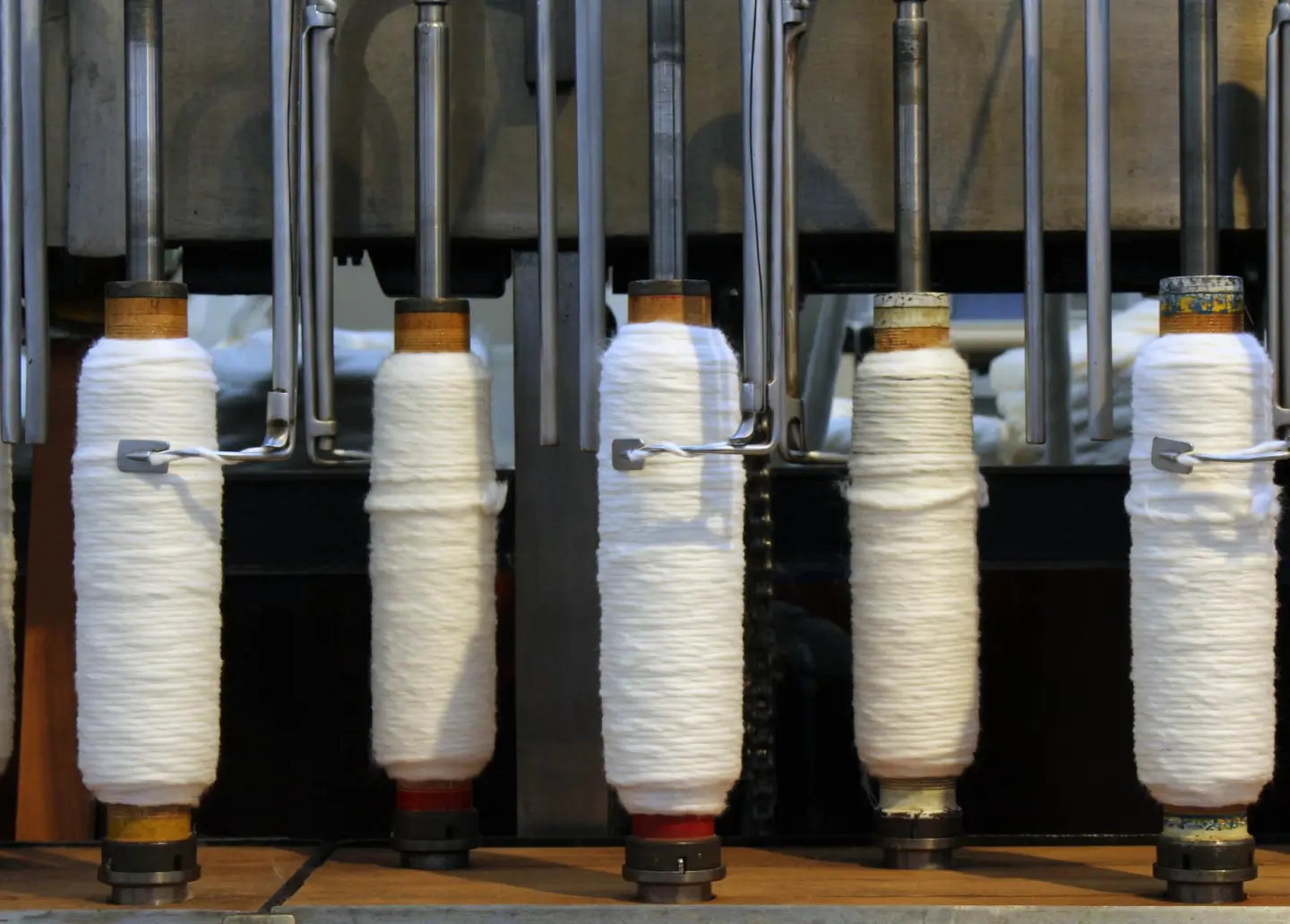
Pectolytic Enzyme With Cellulose Activity
It break down starches and dextrins.Removes Pectin
Removes Wax
Protein Hydrolysis
Catalase
Catalase enzyme for decomposing hydrogen peroxide used in textile.Removes Hydrogen Peroxide
Minimises Water Consumption
Lowers Environmental Impact
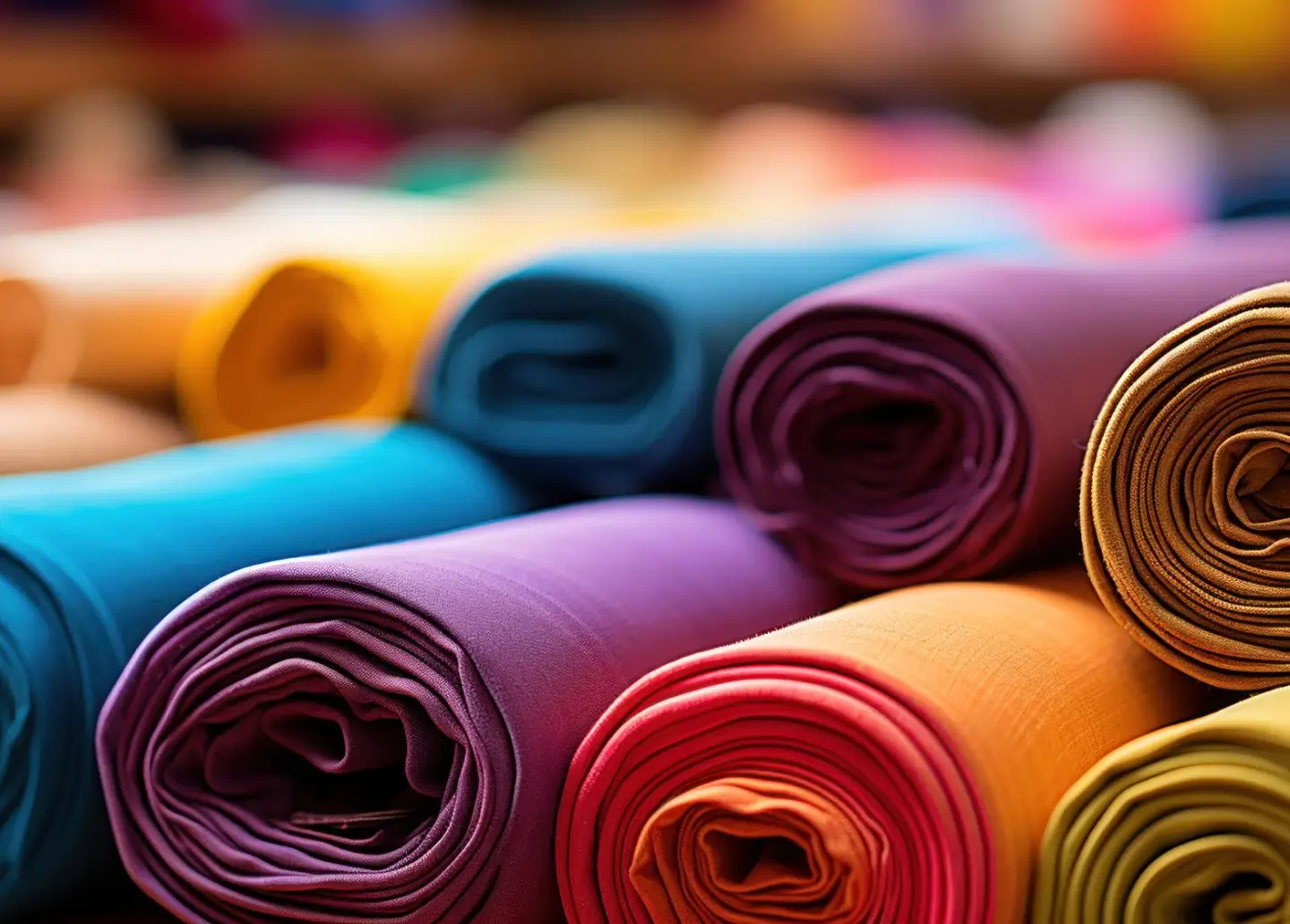
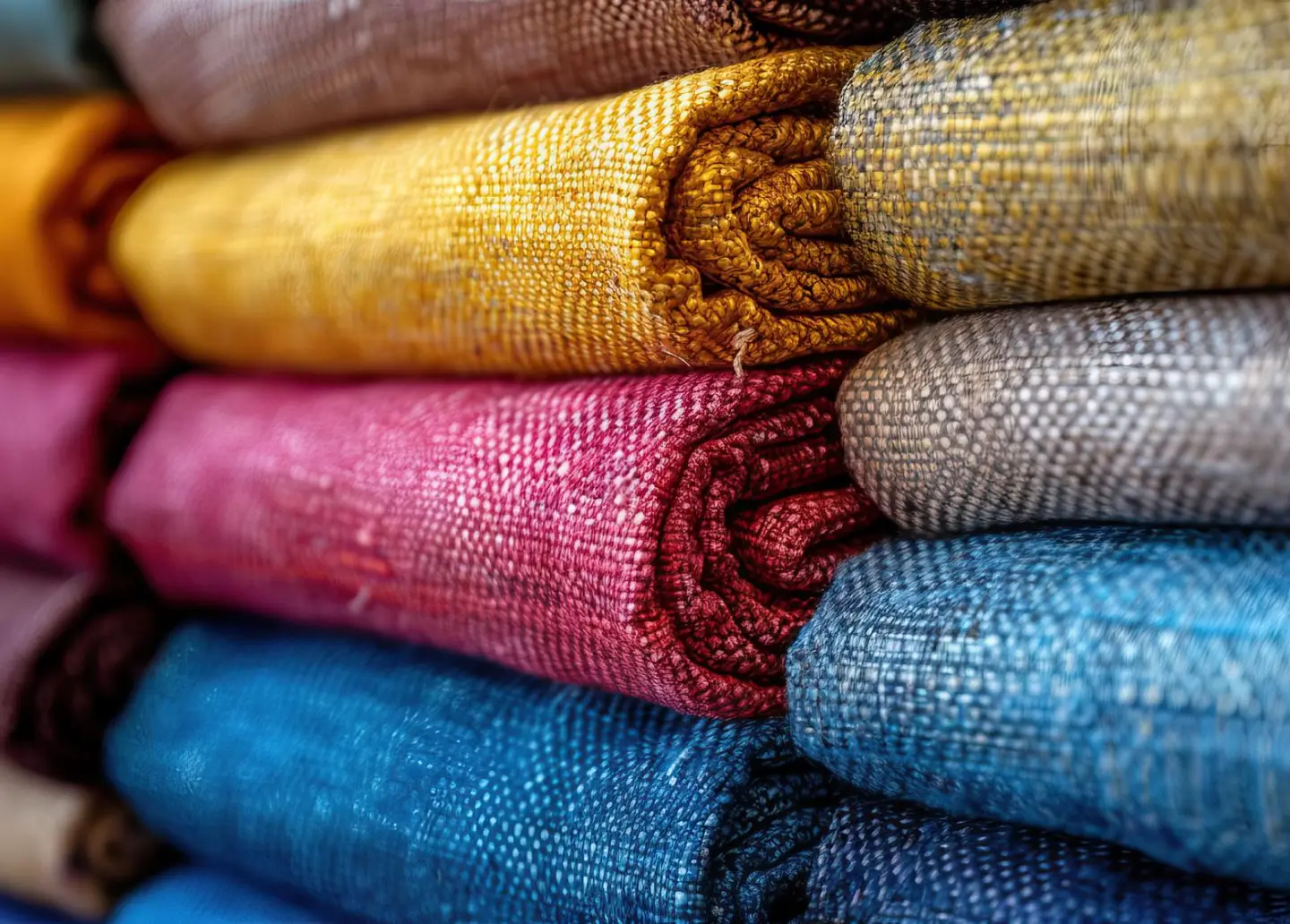
Laccase
Laccase enzyme for degrading lignin in textile.Enhances Dyeing Efficiency
Promotes Eco-Friendly Processing
Aids in Bio-Bleaching
Related Blogs & Insights
The Environmental Advantages of Using Desize Enzymes in Textile Manufacturing
Textile Enzymes manufacturing is a significant industry worldwide, but it is also notorious for its negative environmental impact. The use of traditional chemicals in textile processing leads to water pollution, energy consumption, and a high carbon footprint....
The Role of Textile Enzymes in Eco-Friendly Fabric Production
Textile enzymes play a crucial role in the production of eco-friendly fabrics. By utilizing the power of enzymes, textile manufacturers can reduce the environmental impact of fabric production while still maintaining high-quality products. In this article, we will...
Frequently Asked Questions ,Textile Enzymes
Which enzyme is used in textile industry?
Why amylase is used in textile industry?
What are the uses of cellulase enzyme in Textile Industry?
Why catalase is required in textile Industry?
How Bioscouring is effective in textile?
For A Greener Tomorrow
Committed to advancing eco-friendly biotechnology for a healthier planet.
